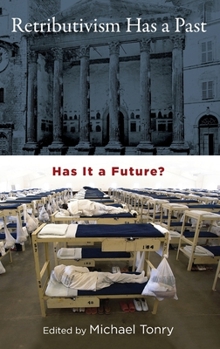Retributivism Has a Past: Has It a Future?
For nearly two centuries in the United States, the punishment of crime was largely aimed, in theory and in practice, at prevention, rehabilitation or incapacitation, and deterrence. In the mid-1970s, a sharp-and some argued permanent-shift occurred. Punishment in the criminal justice system became first and foremost about retribution. Retribution trumped rehabilitation; proportionality outweighed prevention. The retributivist sea change was short-lived, however. After a few decades, some policy makers returned tentatively to individualized approaches to punishment, launching initiatives like drug courts and programs for treatment and reentry. Others promoted policies that retained the rhetoric but betrayed the theory-punishment in proportion to culpability-of retributivism, resulting in mandatory minimum sentences, three-strikes-and-you're-out laws, "dangerous offender" and "sexual predator" laws, "truth in sentencing," and life without the possibility of parole.
Format:Hardcover
Language:English
ISBN:0199798273
ISBN13:9780199798278
Release Date:December 2011
Publisher:Oxford University Press
Length:304 Pages
Weight:1.20 lbs.
Dimensions:1.3" x 6.4" x 9.3"
Customer Reviews
0 rating





